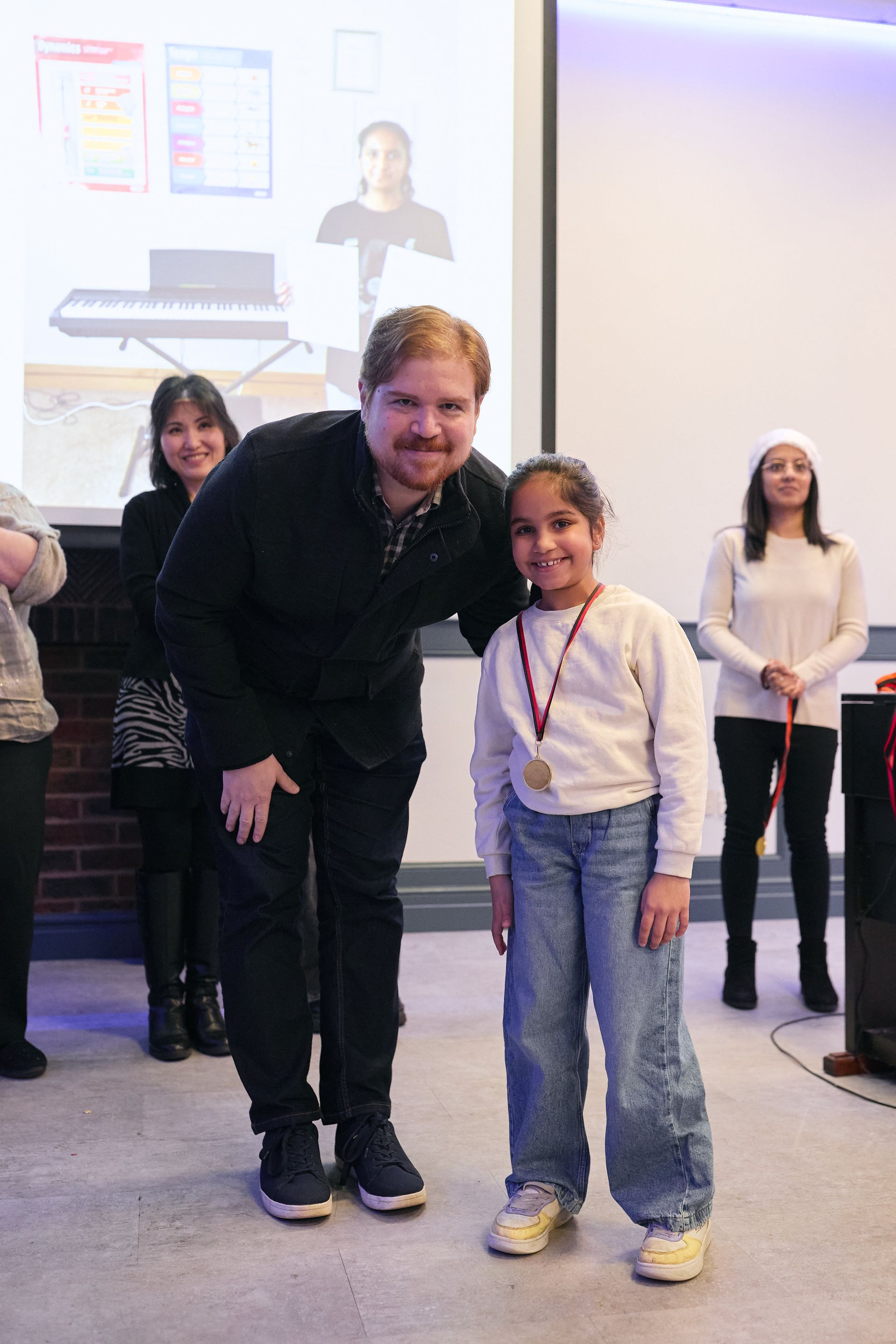HOW TO STOP NAGGING YOUR CHILD TO PRACTICE
 Research confirms that musical training can change the brain structure and improve long-term memory which can lead to enhanced brain development. In addition to this, the benefits of learning a musical instrument, develops a life-long skill which offers a means of enjoyment and self-expression.
Research confirms that musical training can change the brain structure and improve long-term memory which can lead to enhanced brain development. In addition to this, the benefits of learning a musical instrument, develops a life-long skill which offers a means of enjoyment and self-expression.
Unsurprisingly, many parents who can afford these lessons most willingly spend money to give their child this experience.
The challenges that sit alongside the benefits of learning an instrument include: finding the time and motivation to practise, frustration over a perceived lack of progress, anxiety about performing in public and unhelpful beliefs about innate talent being more important than practising can make the whole process a misery.
1. Keep it fun!
Whether your child is playing their instrument or learning the music theory content feel free to allow them to use a variety of different ways to learn. Providing variety not only allows them to enjoy what they are studying but it can also enhance their understanding of more complex theories and techniques. Sticking to the book and methods of rote learning can cause their attention span to fall, so it’s best to implement variety into their practice where possible.
2. Praise their effort not their ‘talent’
Praising a child for being talented reinforces a fixed mindset around musical ability. If a child believes people are either talented or not talented, they are likely to view their own struggles with learning music as evidence they aren’t talented. Therefore, parents should praise the effort their child puts into learning their instrument. This recognises that practice makes perfect.
3. Emphasise the long-term benefits of playing
Studies show that those who spend a medium-term or long-term commitment to an instrument practice more and demonstrate higher levels of musical achievement.
4. Value your child’s music
Lessons, exams and practice schedules are all very well, but ultimately music should be a shared activity. Create an environment where music is a vital part of the household. Encourage your child to perform at family occasions and concerts. As they learn, empathise with their struggles and celebrate their triumphs.
For more tips and tricks follow us on Instagram: @keysoundsuk or Facebook: www.facebook.com/keysoundsuk
The post HOW TO STOP NAGGING YOUR CHILD TO PRACTICE appeared first on Key Sounds UK.




